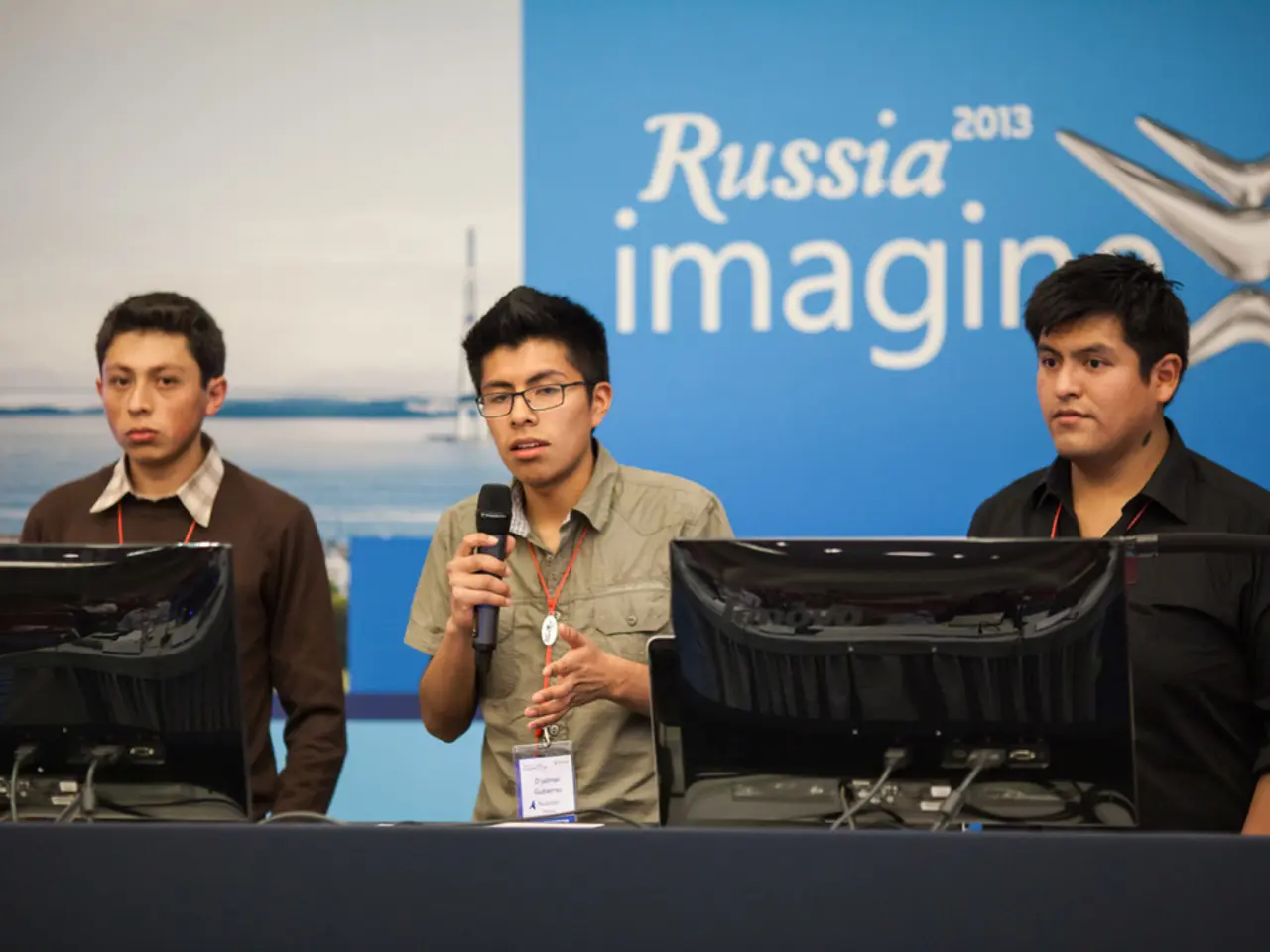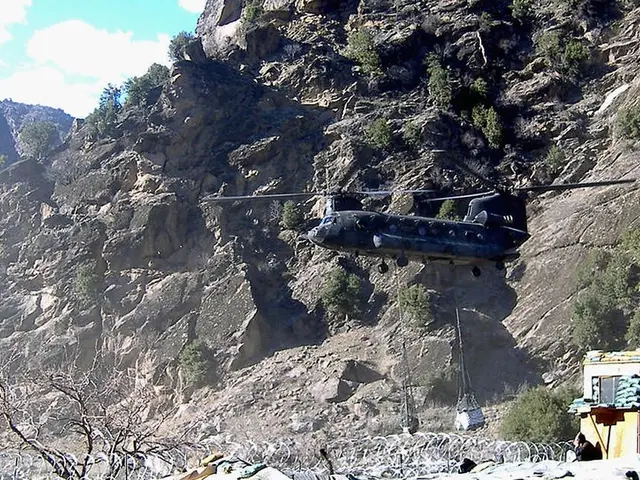EU welcomes potential expansion of its arms program to include participation by the UK and Canada
The European Commission has announced its intention to start negotiations with the United Kingdom and Canada to access the EU's €150 billion Security Action for Europe (SAFE) loans-for-arms program. This move comes as the Commission seeks to bolster the program's global reach and encourage joint procurements among member states.
The SAFE program, approved by member countries in May, aims to provide EU countries with low-interest loans for buying weapons, thereby encouraging joint procurements. The Commission will hold separate talks with the U.K. and Canada, with a view to finalizing agreements by the end of November.
While India has expressed interest in joining SAFE, its participation could potentially be undermined by its involvement in Russia's Zapad military exercises. On the other hand, the full involvement of the U.K. in SAFE is seen as a needed and efficient move for armaments production, given the importance of indivisible European security, according to Petras Auštrevičius, a liberal member of the European Parliament.
Turkey has also applied to join SAFE, but its application requires the unanimous backing of EU member countries. However, Greece and Cyprus are wary of opening the door to Turkey due to historical reasons. South Korea, a significant player in the global defense industry, has signed a security and defense partnership with the EU and is keen on joining SAFE.
Canada, a significant source of raw materials currently dominated by China, could bring valuable resources to the table. Under SAFE, outside countries can account for a maximum of 35 percent of the value of a weapons system. The final agreement will specify the rules for components originating in the U.K. and Canada.
The negotiations are based on principles outlined in a document circulated after a meeting, covering topics like eligibility criteria and a 'fair balance' between contributions and benefits. The 19 member countries taking part in SAFE will have to present their national spending plans at the same time.
Third countries participating in SAFE will contribute to administrative costs and pay participation fees. Any deal with Turkey could require approval from the European Parliament. The fees for third countries could vary based on the level of benefits received.
As the U.K. rapidly builds up its defense ties with the EU, the support from Petras Auštrevičius underscores the growing importance of the U.K.'s involvement in the SAFE program. The Commission will have a single negotiating mandate for both Canada and the U.K., but will hold separate talks with the two countries, leading to two separate agreements.
The Commission mandate for talks with Canada and the U.K. does not set a 50% threshold for joint procurements, as proposed by France. This could mean more flexibility for the participating countries to decide on the extent of joint procurements in their respective agreements.
In conclusion, the expansion of the SAFE program to include the U.K. and Canada represents a significant step forward in European defense cooperation. The negotiations promise to be complex, but the potential benefits in terms of joint procurements, cost savings, and increased security are compelling. As the talks progress, it will be interesting to see how the various parties navigate the challenges and opportunities presented by this ambitious initiative.
Read also:
- United States tariffs pose a threat to India, necessitating the recruitment of adept negotiators or strategists, similar to those who had influenced Trump's decisions.
- Weekly happenings in the German Federal Parliament (Bundestag)
- Southwest region's most popular posts, accompanied by an inquiry:
- Discussion between Putin and Trump in Alaska could potentially overshadow Ukraine's concerns







